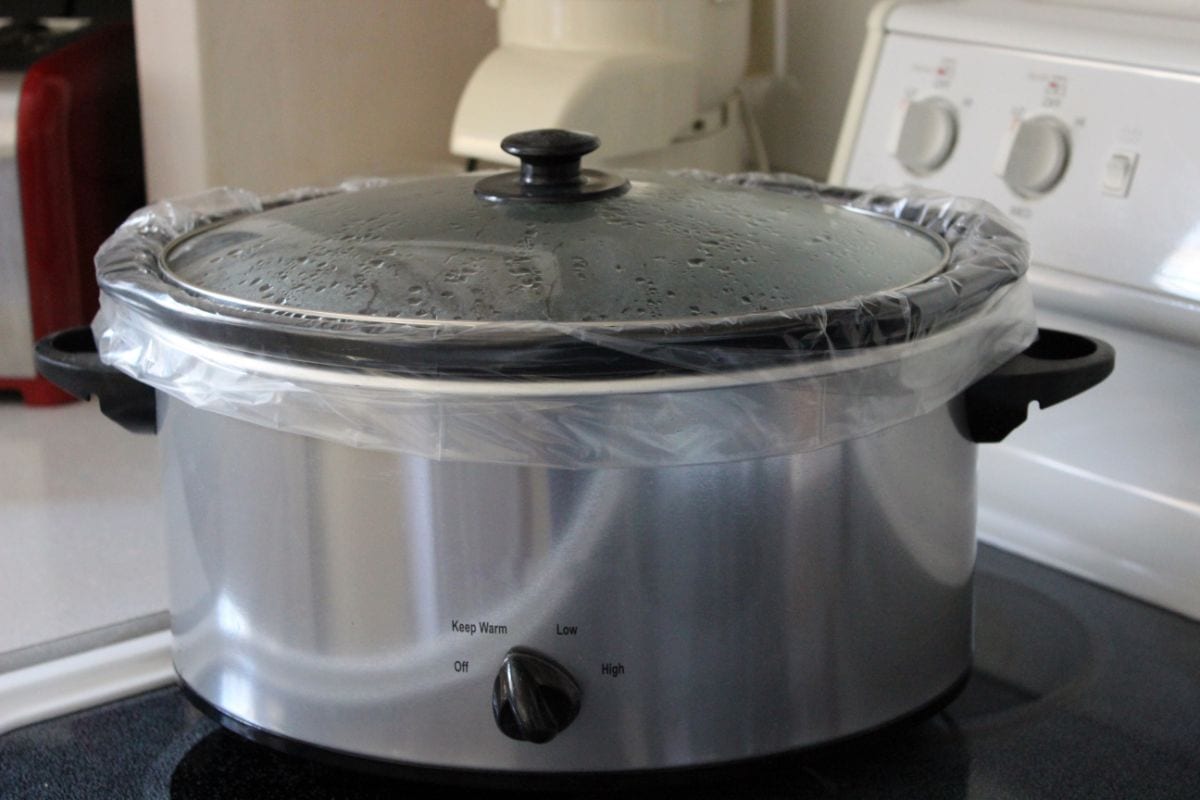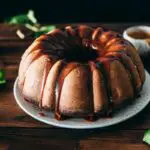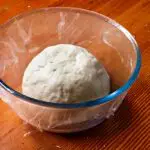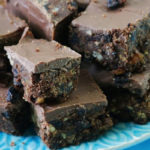Slow cookers have for a long time been a great way for busy people to easily make hearty, healthy recipes.
Slow cookers give you the opportunity to simply place a series of ingredients inside and let the cooker do the hard work.
There are always lots of different options, but you might be wondering if you’ll be able to use frozen roast as you would with fresh.
This is a common question and if you find yourself trying to work out if this is safe then you’ve come to the right place!
In this article, we’re going to take you through a few different types of roasts and if they’re safe to cook in a slow cooker. We’ve also included a short FAQ section that will help answer any related questions you may have.
Cooking Frozen Meat In A Slow Cooker
So we’re going to start off with some bad news. Unfortunately, frozen foods (specifically meat) should not be cooked in a slow cooker.
It sounds like such a simple idea – all you’d have to do is place the frozen meat inside as you would any other food item, and you’ll have dinner when you return.
But the problem is that if you do this, you’re going to run the risk of catching food poisoning.
Why Is This Unsafe?
A slow cooker recipe is all about a long cooking time at a lower temperature than you might find in an oven or on the hob.
An average slow cooker will reach highs of 280 degrees but typically sit higher than 170 when cooking. Whilst that’s high enough to kill bacteria you’d find in fresh meat, when it comes to frozen meat you’re going to need to thaw it first.
This is because bacteria growth happens most rapidly at temperatures between 41 degrees and 135 degrees. You can think of this range as the danger zone.
When using a slow cooker to cook thawed meat, the food in question is going to pass that temperature rapidly, and spend the rest of the cooking time is finished off.
But if you place – for example, frozen pork roast – into a slow cooker and cook it for the same period of time, it will take much longer to get up to the heat where bacteria growth is killed off. This is also true for smaller cuts of meat, for example ground beef or frozen pot roast.
More than this, it will sit in the exact danger zone for bacteria growth for an extended period of time, and heighten your risk of food poisoning.

How To Cook Frozen Meat In A Slow Cooker
So we’ve established why it is dangerous to cook roast beef, roast pork, or any other big cut of meat in a slow cooker frozen. Thankfully, there are a few ways we can get around this.
You’re going to want to thaw out frozen meat, preferably in the refrigerator. Place the meat in a dish or large container, cover it, and give it some time to defrost for a number of hours (depending on the type of meat you’re working with).
If it’s a particularly large cut of meat, you’re going to need to make sure that the center is not still frozen. If you don’t double-check this, you could still run the risk of this sitting for too long in the danger zone and exposing yourself to food poisoning.
Even when it’s completely thawed, we would recommend that you first set your slow cooker temperature to its highest setting. Be careful not to burn anything, but what this will allow you to do is quickly raise the environment of the cooker to a safe temperature.
After this, you can put it back onto low heat in order to get the mouth-watering, tender consistency that you’re looking for.
Just make sure you keep a close eye on your beef broth as you’re going, because you don’t want it to boil off and risk burning your food. You can always check the temperature of your roast with a meat thermometer.
Final Thoughts
So there you have it! A crock pot is not suitable to cook a frozen roast as it cooks too slowly and will spend too long at unsafe temperatures that encourage bacteria growth.
It’s best to simply thaw your meat, or use fresh meat in your crock pot recipes so that you stay safe and don’t make yourself sick.
We hope that this guide has helped you to understand why you shouldn’t do this, and that you can plan better for future meals.
Crock pots are incredible pieces of equipment that can make a busy life easier, and if you haven’t purchased one we would like to say we think it’s a great investment!
If you still have some questions about thawing meat or using a crock pot, then keep reading for our Frequently Asked Questions section. Best of luck in all your future culinary creations!
Frequently Asked Questions
Is There A Way To Quickly Thaw Meat?
There are times when you get home after a long day at work and realize you haven’t left your meat out to thaw. This can be a frustrating realization, but there are a few things you can do to speed up the process and quickly thaw meat.
Firstly, place the meat that you’re looking to thaw into a zipper bag and ensure to press out as much of the air as you can. It’s really important that there aren’t any gaps for water to get inside.
Then you’re going to want to place it in a container that is filled with cold water. If you find that it’s beginning to float then you will want to weigh it down with a plate or something else heavy enough to stop it.
After this, you’re going to want to let the faucet trickle over the bag at a low setting, but consistently. What this will do is create an environment around the meat that will rapidly increase how fast it thaws.
This can take much longer if you have a big, thick cut of roast beef or pork. Just make sure you’re checking back and never (emphasis here) use hot water, as this can bring your roast meat up to an unsafe temperature.
What Is The Difference Between A Crock Pot And A Slow Cooker?
In the modern day, these two terms are mostly used synonymously. Crock-Pot is a brand name that was brought out in the 1970s.
Since then, electric slow cookers were created that allowed for more complex features like timers, robust temperature controls and thermometers.
Can You Cook Other Frozen Food In A Crock Pot?
While frozen meat can be dangerous to put into a crock pot, vegetables can be added from frozen without much issue!
Just remember that frozen vegetables are likely to add additional water into your crock pot roast, and might take longer to cook than fresh ones!










